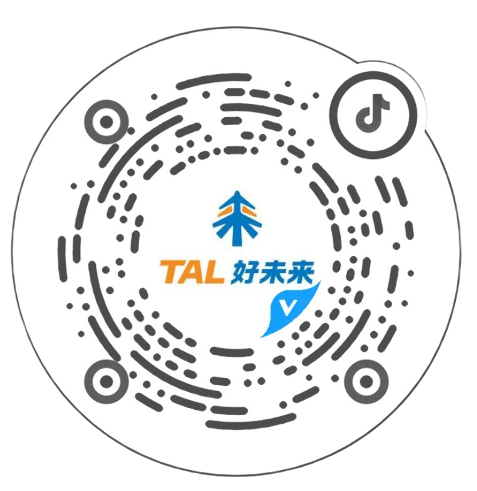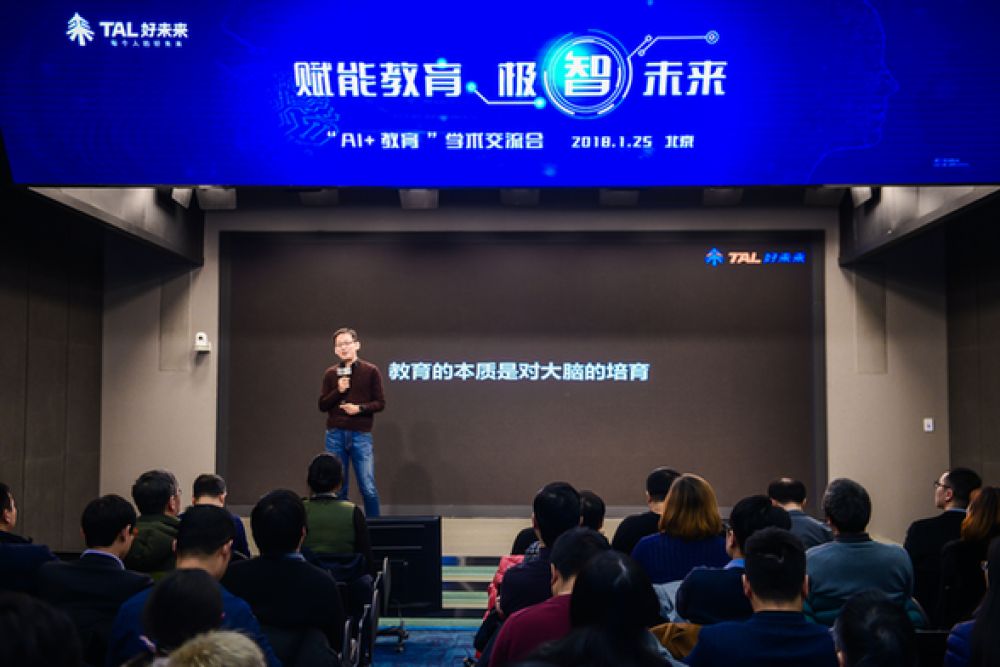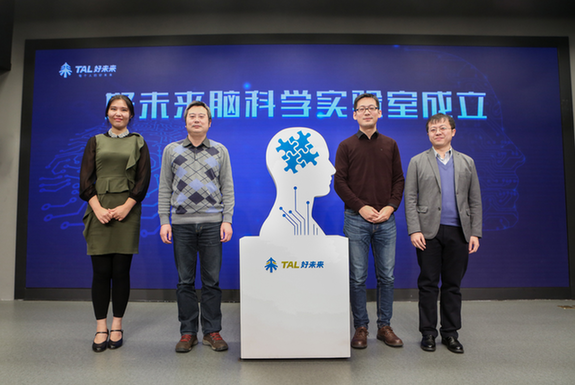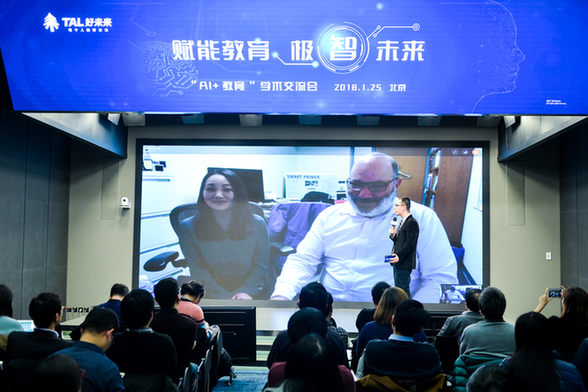




Xinhua News Agency, Beijing, January 26th - On January 25th, at the "Empowering Education, Shaping the Future with 'AI'" academic exchange conference hosted by Tomorrow Advancing Life (TAL), TAL officially announced the establishment of a "Brain Science Laboratory," promoting academic research and product development in "Technology + Education" through brain science, and practicing the corporate mission of "Promoting education progress with technology."
During the event, Huang Yan, the CTO of TAL, James A. Landay, a professor in the Department of Computer Science at Stanford University, Professor Zhou Xinlin from the State Key Laboratory of Cognitive Neuroscience and Learning at Beijing Normal University, and Nie Zaiqing, head of the Alibaba Artificial Intelligence Laboratory Beijing R&D Center, discussed the new trends and future directions of technology empowering education in the fields of brain science and artificial intelligence.
In his speech, Huang Yan stated that as a company continuously exploring the future of human learning, TAL "hopes to help students match personalized learning content and dynamically adjust their brain learning state through brain science research and feedback, developing the art of teaching into the science of teaching, realizing the synergy among artificial intelligence, machine learning, and brain science, making technology serve people, and enabling the next generation to better adapt to future society."

It is reported that TAL has established the Brain Science Laboratory in hopes of exploring students' learning motivations based on a large amount of learning data. At the same time, by setting up the "Brain Science Laboratory," TAL will also work with major universities to gradually promote research topics in the field of brain science, helping to unleash greater potential in education. Currently, TAL has 4,000 technical, product, and teaching research and development personnel, and this number is expected to exceed 10,000 in the next three years, including a 500-person AI and brain science research and development team. Meanwhile, TAL will also establish six joint laboratories supported by top scientists and excellent research institutes worldwide and set up overseas research and development centers in 2018 to jointly promote the progress of "Technology + Education."

It is understood that the TAL Brain Science Laboratory will focus on research in three areas: using objective monitoring of brain function to strengthen classroom diagnosis and observation, laying a solid foundation for tracking the long-term effective "learning process" of the human brain; researching a more targeted and accurate learning ability evaluation system; and designing corresponding products under scientific guidance to stimulate the brain's best learning state.

On the same day, TAL also announced a strategic partnership with Stanford University to jointly create a more efficient education model and unlock the potential of the global education ecosystem through advancing AI research.